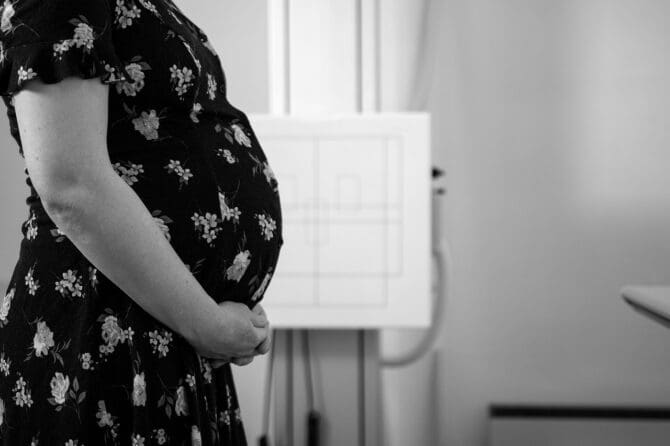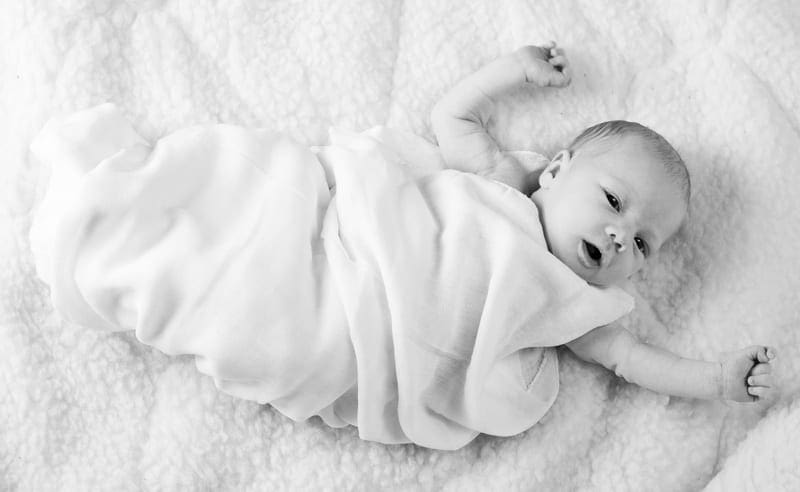Menopause and pregnancy may occur together more often than you might think, but there are answers to your questions about what happens when this happens.
Both menopause and pregnancy can cause a variety of physical and emotional changes in a woman’s body. Menopause is the permanent end of a woman’s menstrual cycle and fertility, while pregnancy is the result of a fertilized egg implanted in the uterus and developing into a fetus.
When menopause and pregnancy happen at the same time, it can be confusing and even scary for some women. However, there are resources available to help you understand what’s happening in your body and how to cope with the changes.
Although it’s not something that’s often talked about, it’s important for women to know that menopause pregnancy is a real possibility. There are many women out there who will attest to the fact that they’ve become pregnant during menopause. If you’re experiencing menopause and think you might be pregnant, it’s important to see a doctor as soon as possible.
The likelihood of getting pregnant during menopause is generally highest during the earliest stages when a woman first starts experiencing menopause symptoms. This initial stage can last for up to 12 consecutive months on average, and is one of several signs that menopause has begun.
The problem with menopause bleeding is that it either stops completely or becomes very irregular. Many women find that they can no longer become pregnant when their menstrual cycles become fewer and farther apart. Unfortunately, this belief is untrue – and often leads to unprotected sex and unplanned pregnancies.
Unfortunately, an irregularity in the menstrual cycle is just that – irregular. Just because menopausal bleeding has stopped, it doesn’t mean that ovulation has, too. This is where the misconception takes place.
The most vulnerable time is called perimenopause, which is when menopause actually starts. Production from the ovaries slows down and periods become irregular, often for months.
The ovulation process can take several years to complete. This false sense of security is what leads many women to stop taking or using birth control methods, which would prevent an unwanted pregnancy.
Menopause is a difficult time for all women, and the thought of an unexpected pregnancy only makes the situation worse.
Having a child later in life can pose some unique challenges, especially if the pregnancy was unplanned. Some parents may choose to keep the baby while others may seek to end the pregnancy. It’s important to weigh all options carefully and make the decision that is best for you and your family.
The most important thing to remember is that you should not stop using birth control until you are sure that you have entered menopause. This can be confirmed by a doctor.
There’s a simple blood test known as FSH or follicle stimulating hormone that can help diagnose whether or not you’re in menopause.
Knowing how to prevent something is great, but being aware of what might happen even before it does is even better!implanted











